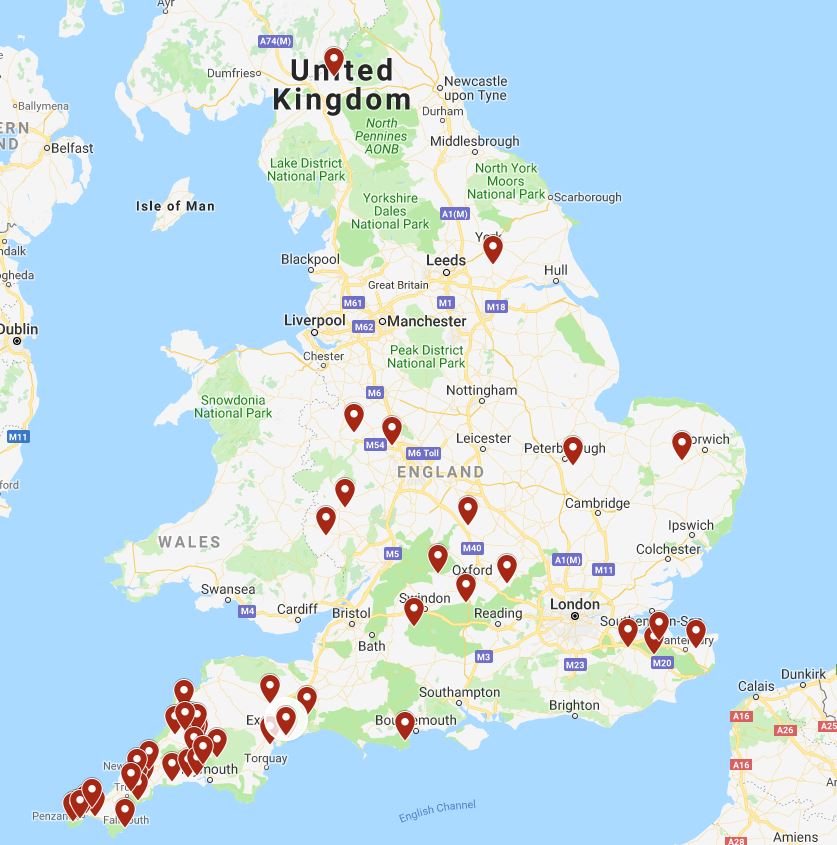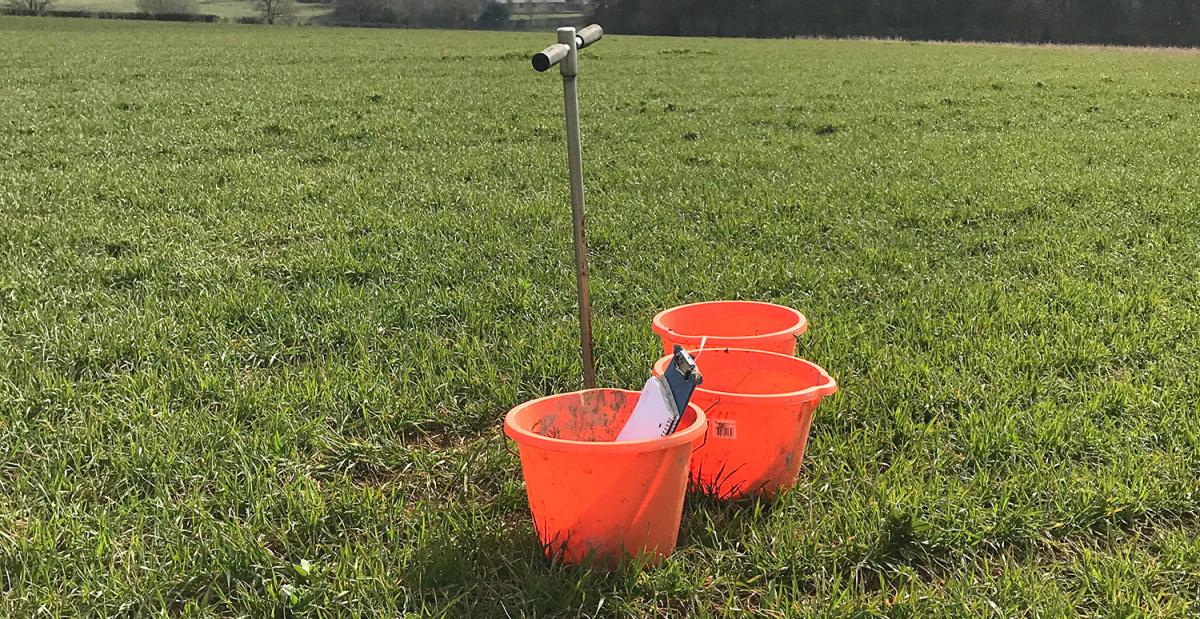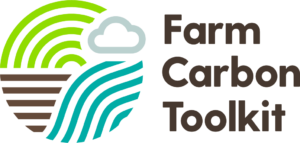
The Soil Carbon project aims to help farmers manage their soils in a more sustainable and profitable way. Interest in soils has risen dramatically in recent years, with the prospect of farmers receiving payments for environmental goods and services becoming ever more likely.
What we’re doing
The project is developing protocols for measuring and valuing soil health and carbon sequestration that are scientifically robust and practical at a field level.
While interest in the subject continues to increase, a great deal of uncertainty around measurement and management of soil health remains. This project will uncover what is happening underneath farm soils and develop practical solutions to valuing this hidden asset that puts farmers at the forefront of this emerging science.
This project concentrates on three areas in a bid to remove these uncertainties:
- Investigating a methodology that could be used to test for soil organic matter and carbon.
- Learning more about the impact of farming management practices on soil health.
- Financial modelling to understand how a potential government payment system for protecting or improving soil health and carbon sequestration might work.
Where are we working?

This map shows the location of our farms that are involved in the project. Each of the farms is having some of their fields assessed for soil organic matter, as well as a range of proxy measures and will have its carbon footprint calculated to show the value of carbon sequestered in the soil against the farm’s emissions.
What are we measuring?
In each field, we are measuring:
- Soil organic matter content at three different depths down the soil profile
- Bulk density
- Infiltration rate
- Worm counts
- Structural stability
- How stable the aggregates in the soil are
- Biological activity (by burying pants)
The idea behind doing both lab analysis and ‘in field’ tests is that we can see whether there is a relationship between these two different sets of analysis. There is more information on these protocols on the SWARM Hub website.
How are we doing?
The Soil Carbon project has been running for 3.5 years now and has gathered some interesting results which are going to be explored in more detail through our Farm Net Zero project working in Cornwall.
However we are also continuing to monitor our national sites to ensure that we are able to understand the impact of changing practice on soil carbon over many years. We are shortly going to be releasing a guide which will provide information for farmers on testing their soils for carbon which should be released in Autumn 2021.
Useful Past Presentations from Events
Why this project is important
This project aims to be the start of something. We don’t have all the answers when it comes to soil carbon, testing and how to value your soils, but this is the start. We are monitoring all of our farm sites using a consistent method which is a big step forward, as is separating the organic matter and carbon to the different depths. Although we recognise that building soil health is a long term aspiration, we are making a start and crossing our fingers that we can continue in the long term.
Thanks to our Funders
We are hugely grateful to our project funders:

Part-funded by Agri-tech Cornwall, a three year £10m project that is increasing Research Development and Innovation in the Agri-tech sector across Cornwall and the Isles of Scilly. Part-funded by the European Development Fund.

We are hugely grateful to The Esmee Fairbairn Foundation who have part-funded this project.
Project Partners and Funders
This project is a collaboration between the Farm Carbon Toolkit, Duchy College, Rothamsted Research North Wyke and the University of Plymouth with funding from Agri Tech Cornwall and the Esmee Fairbairn Charitable Trust.


